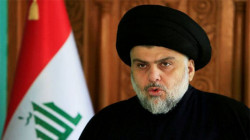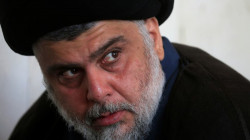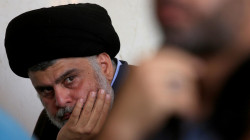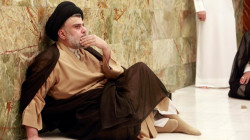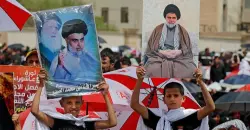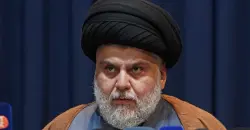What drives the withdrawal of Muqtada al-Sadr's followers from the Green Zone?
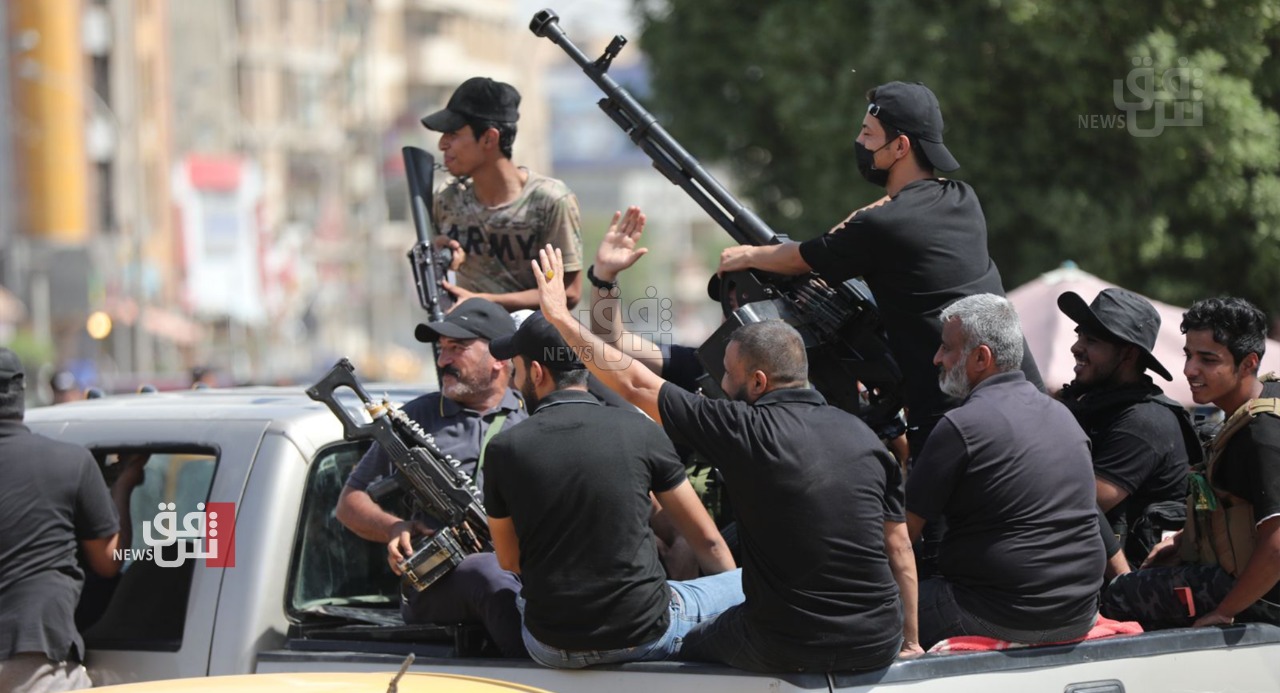
Shafaq News/ Iraq's long-running power struggle between rival Shiite camps devolved into bloody street violence this week in a culmination of months of simmering tensions and a political vacuum.
For 24 hours, loyalists of powerful cleric Muqtada al-Sadr transformed the theater of their peaceful protests in Baghdad's ultra-secure Green Zone into a front line, trading fire with security forces and rival paramilitary groups, and bringing the capital to a standstill.
Just as quickly, with a single word -"withdraw"- from the cleric in a speech, the fighting came to a stop. Immediately, his supporters put down their weapons and left.
Following his calls for withdrawal, Iraqi leaders, including the caretaker premier, expressed their thanks to al-Sadr and praised his restraint. The Joint Operations Command reversed the total curfew it declared in the aftermath of the bloody confrontations.
It was a powerful message to al-Sadr's Iran-backed rivals and the political elite of the cleric's enduring power over his hundreds of thousands of followers and an equally alarming example of the damage they are capable of doing to the embattled country.
Al-Sadr has long derived his political influence from his ability to both command his mass following to destabilize the street, and just as quickly bring them into line. His announcement that he would exit politics showed the Iraqis what could happen when that voice of restraint is taken away: chaos, devastation, and death; which makes his objectives and unorthodox tactics hard to ignore.
Decisive intervention
"We must tip our hats off to Muqtada al-Sadr's decision to stop the violence in the country; his discontent with the infighting will go down the chronicles of history," lawmaker Ali Abdul-Sattar said in a statement to Shafaq News Agency.
"None of the political forces have expected that the Sadrist bloc, led by al-Sadr, would pursue such a moderate discourse," he said.
"[Al-Sadr] said 'I hang my head'. We ask him to lift his head high for what he has given to the country and the people," Abdul-Sattar added, "this proves that the unity of the Iraqi people was and will continue to engender from Iraqi Arab origins and Iraqi leadership. These are messages of reassurance to the Iraqi people."
"The decision to withdraw did not imply that it was preceded negotiation," he explained, "of course, there were contacts between the leaders, especially the religious ones… The solution was only in the hands of two figures, al-Sadr himself and the top religious authority. I believe that the intervention of some religious sides is what brought the situation to a conclusion."
Al-Sadr's party, the Sadrist Bloc, won the most seats in an October 2021 election, but he ordered his legislators to resign en-masse in June after he failed to form a government of his choosing, which would have excluded powerful Shite rivals close to Iran.
The move, however, handed the sway in parliament to his Iran-backed Shiite opponents, the Coordination Framework. Many of al-Sadr's supporters have since the end of July been participating in a sit-in outside the Iraqi parliament, after storming the building and stopping al-Sadr's rivals from appointing a new president and prime minister.
Guarantees
Kitab al-Meezan, a political analyst, believes that "Muqtada al-Sadr's decision to evacuate his supporters from the Green Zone was made only after obtaining guarantees that the parliament will be dissolved."
To support this claim, al-Meezan adduced the Federal Court's decision to defer the ruling on an appeal to dissolve the Iraqi parliament "until a comprehensive agreement with al-Sadr is reached."
"I believe that this, in addition to enacting a law on al-Hashd al-Shaabi (Popular Mobilization Forces-PMF) and the disbanding of the armed factions, is sufficient for al-Sadr to command his supporters to withdraw," he added.
On September 1st, Iraq's Supreme Federal Court adjourned, for a third time, a session dedicated to adjudicating an appeal lodged by the Secretary-General of the Sadrist bloc, Nassar al-Rubaie, to dissolve the Iraqi parliament. Instead, a session is scheduled for September 7th, a judicial source told Shafaq News Agency.
Inconsistency and vagueness
Political analyst Najm Obeid ascribed al-Sadr's maneuvers as "inconsistent" and "vague", judging what, in his opinion, is a fluctuation in the political tactics of the maverick leader throughout the timeline of Iraq's longest run without a government since the 2003 US-led invasion of the country.
"At the beginning of the Green Zone sit-in, he called for overhauling the entire political system and dismantling the political process in the country. Those demands later regressed to dissolving the parliament and holding an early election," Obeid said, "shortly afterward, al-Sadr demanded the formation of a government that excludes both the Sadrist movement and the State of Law alliance. Then, he lashed out at the Supreme Judicial Council and appealed for the dissolution of the legislature by the Federal Court."
"On August 29th alone, he made two announcements: the first was his political retirement, and the second was a hunger strike. On August 30th, he decided to protest against his own followers," he added.
"The recent protests backlashed. They were poorly controlled and did not tantamount to the level of the October protests that were more peaceful and showed respect to the state institutions. The latter, on the contrary, disrupted the work of the Iraqi legislative body for a month," he concluded.
Major revolution
Obeid warned that "the poor management of the state and failure to meet the people's aspirations might result in a major Iraqi revolution that would spare no party."
"Many non-Sadrist citizens joined the protests of the Sadrists against parties that have failed to meet the expectations," he added, "those who did not participate in the Sadrist protests demand a peaceful revolution. However, if their peacefulness was met by oppression, they will respond equally and proportionally."
